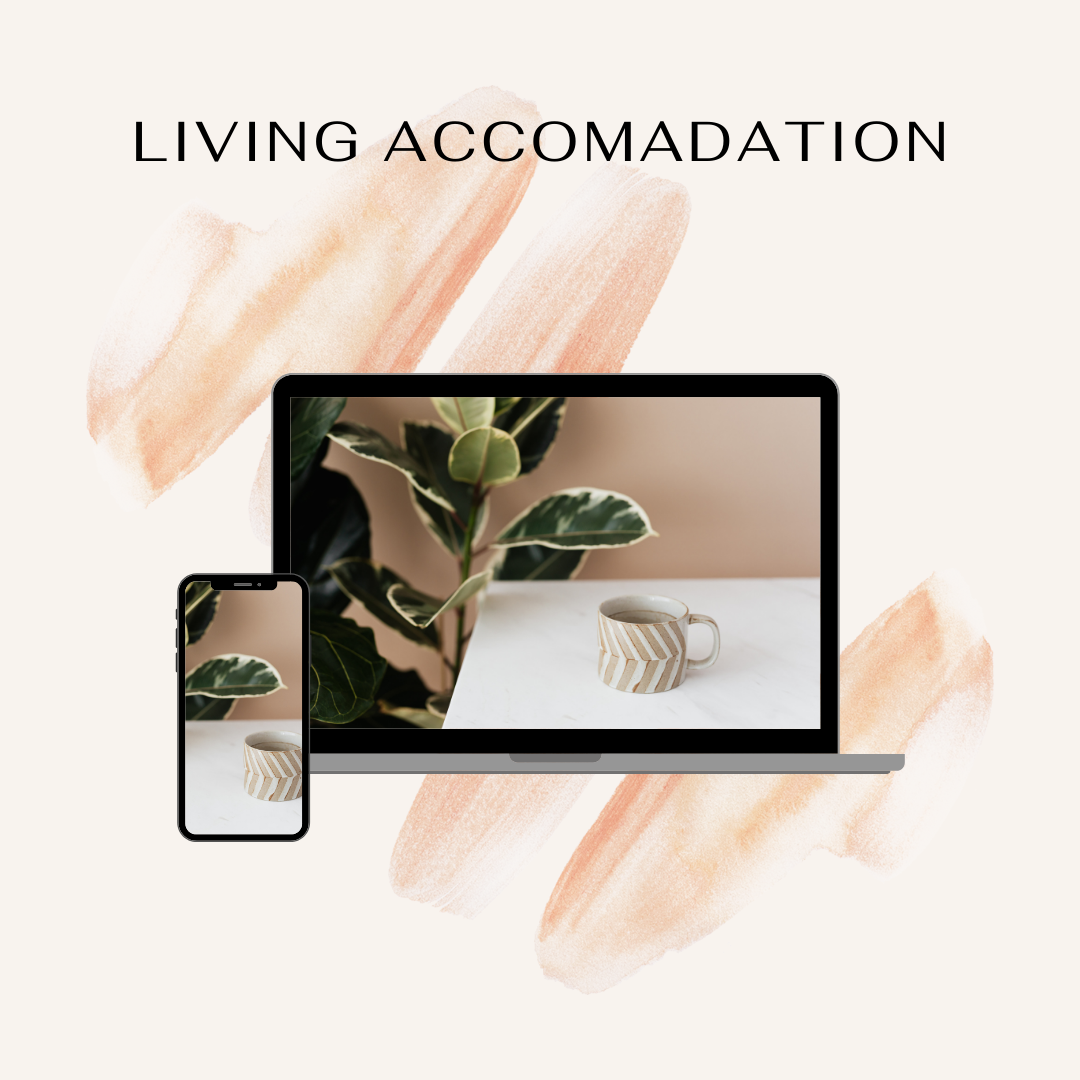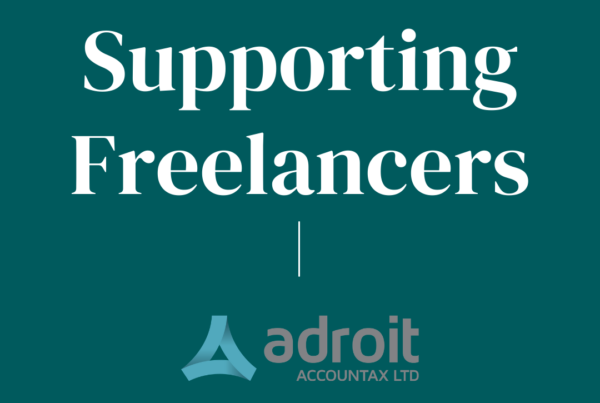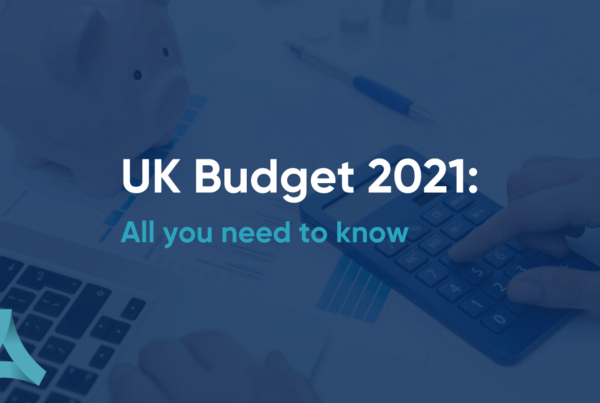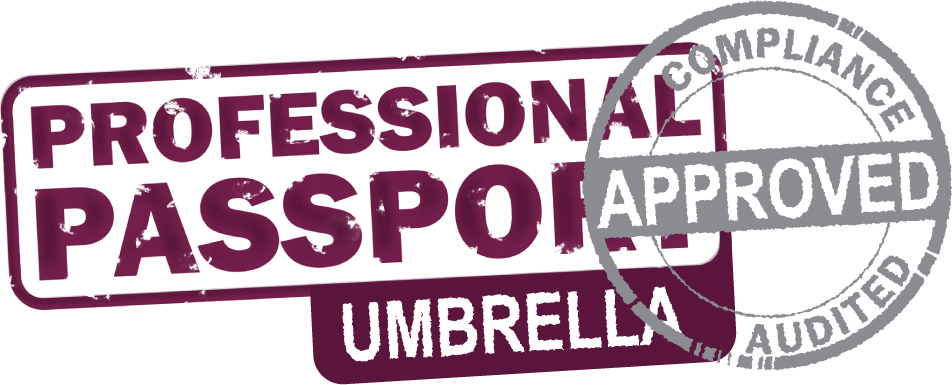
Living Accommodation
If you are an employer who provides living accommodation to your employee then you have some reporting to do along with some tax and national insurance obligations to fill in.
Things that include living accommodation
The accommodation cost itself includes the charges of water and sewerage, the furniture that is necessary for daily use, upkeeping staff like gardeners, cleaners and council tax, etc. It also includes the charges of decoration and maintenance with the cleaning and lighting charges etc.
Things that exempt in the benefits of living accommodation
There are some types of accommodations that you do not need to report or pay to HM Revenue and Customs (HMRC).
What do you need to report to HMRC?
If you provide your employee with non-exempt accommodations then you need to report certain things to HMRC. You need to report to HMRC with any accommodation even if the accommodation is not availed by your employee. A P11D form should be used to inform HMRC about the accommodations and class 1A national insurance shall be paid on the value of the benefit.
Charges of water, sewerage, and council tax
If the cost is covered or reimbursed by your employee, then you must add the reimbursed amount to the earnings of your employee. Further, the class national insurance and PAYE tax must be deducted and paid through the payroll.
If you are providing accommodation for a close relative or the accommodation provided by you is not related to the job then you do not need to report the maintenance costs that include lighting, heating and furniture costs, etc. Any legal costs like structural alternations or repairs shall not be deducted.
When to deduct and pay Class 1 national insurance?
-
If you reimburse the cost that is covered by your employee
-
If the supplier contract is arranged by your employee and the cost is covered by you
-
If the supplier contracts are arranged by you and the costs are covered directly
Steps to work out the accommodation value
-
The greater annual value or the rent paid by you must be used to work out the cost.
-
You shall use the value of the proportion of part of the year in which you provide the accommodation.
-
The rent that you get from your employee shall be subtracted.
-
The proportion value that is partly used in the business or is shared shall be used to work out the cost.
What if the property values over £75,000?
In this case, the cost of accommodation shall be calculated at first and the additional charges shall be added up to the standard value.
The following steps shall be followed to calculate the accommodation cost.
-
The cost availed on improvements shall be added to the original price at the time of buying.
-
Any reimbursements made by the employees shall be deducted from the amount.
How to calculate the original charges?
The given steps shall be followed to calculate the original charges
-
£75,000 shall be deducted from the accommodation cost
-
The official rate of interest shall be multiplied by the amount that is left over. (Use the proportion if the accommodation is provided only for a part of the year)
-
The rent that is paid to you by the employee shall be deducted.




